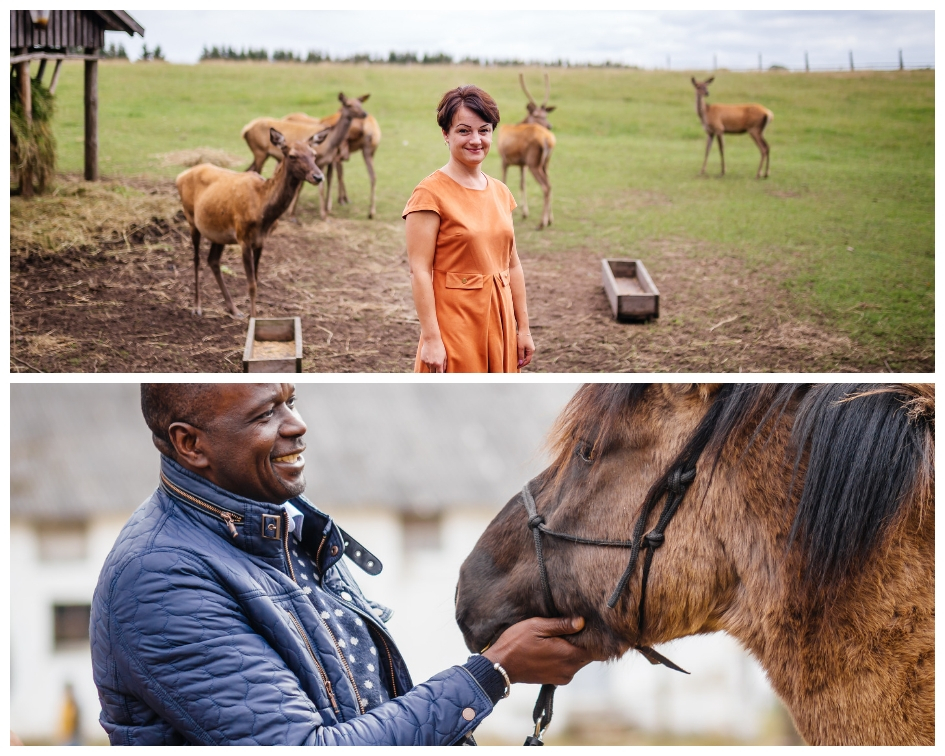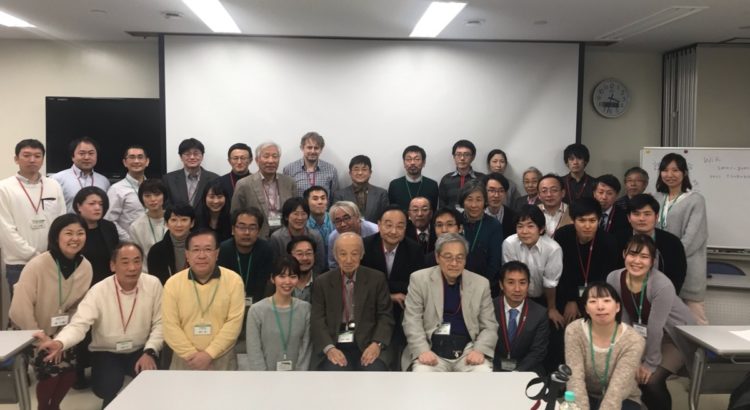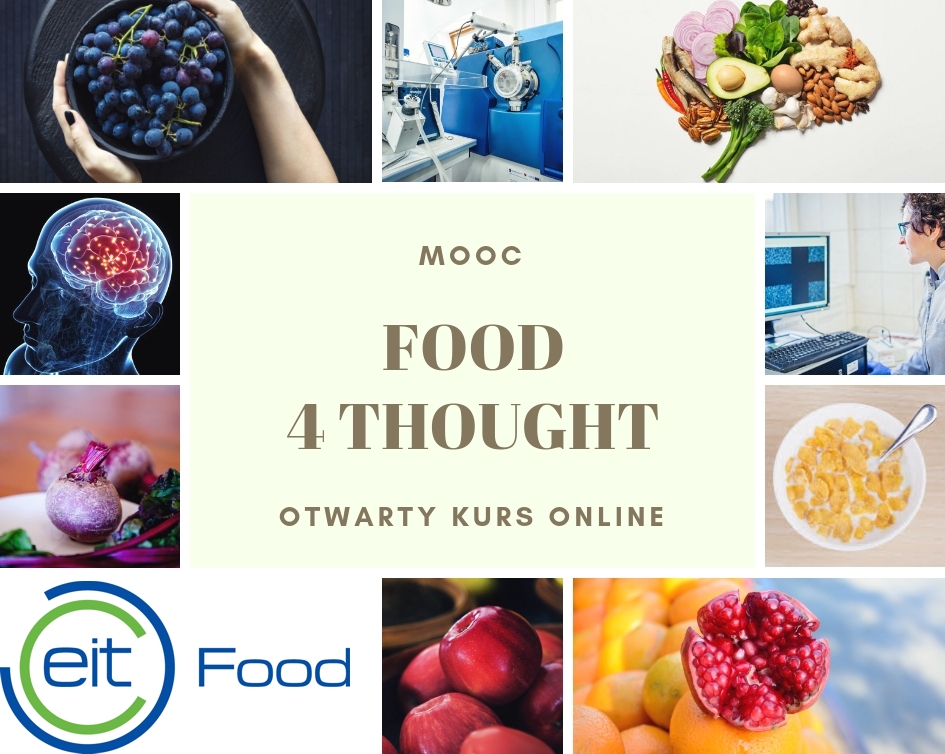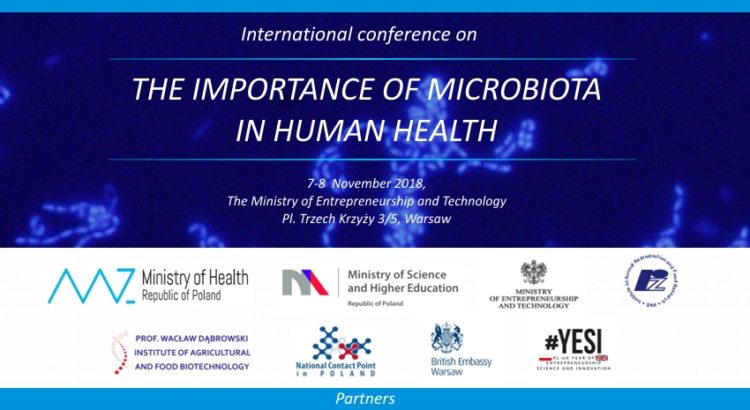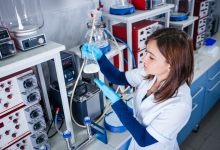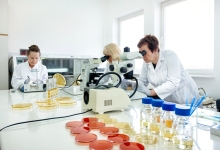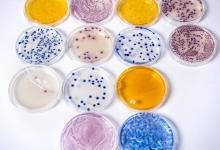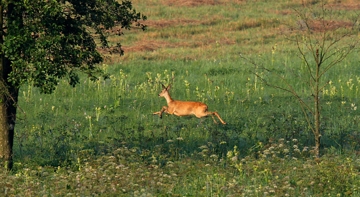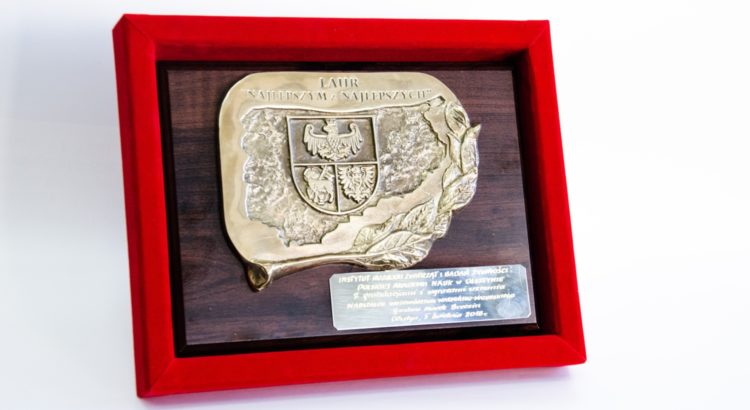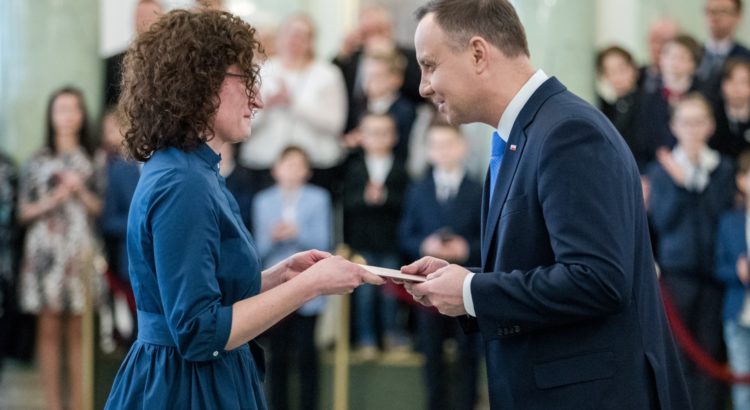Welcome
The Institute of Animal Reproduction and Food Research, Polish Academy of Sciences in Olsztyn, in association with Ministry of Science and Higher Education, Ministry of Entrepreneurship and Technology, Prof. Wacław Dąbrowski Institute of Agricultural and Food Biotechnology and National Contact Point in Poland kindly invite you to the International Conference on
„THE IMPORTANCE OF MICROBIOTA IN HUMAN HEALTH”
The conference will be held in 7-8th November in the Ministry of Entrepreneurship and Technology Pl. Trzech Krzyży 3/5, Warsaw, Poland.
The aim of the Conference is to disseminate scientific findings on the uimportance of the microbiome in the early prophylaxis of human health.
Speakers at the Conference will be the representatives of the European Commission, Organisation for Economic Co-operation and Development, Innovative Medicine Initiative, European Food Safety Authority, Nestle Health Science and Johnson & Johnson.
The honorary patronage over the Conference is held by the Vice Prime Minister and the Minister of Science and Higher Education, Jarosław Gowin, as well the Minister of Health, Łukasz Szumowski.
Participation to the Conference is free of charge. Simulations translation from English to Polish will not be provided.
Read more
